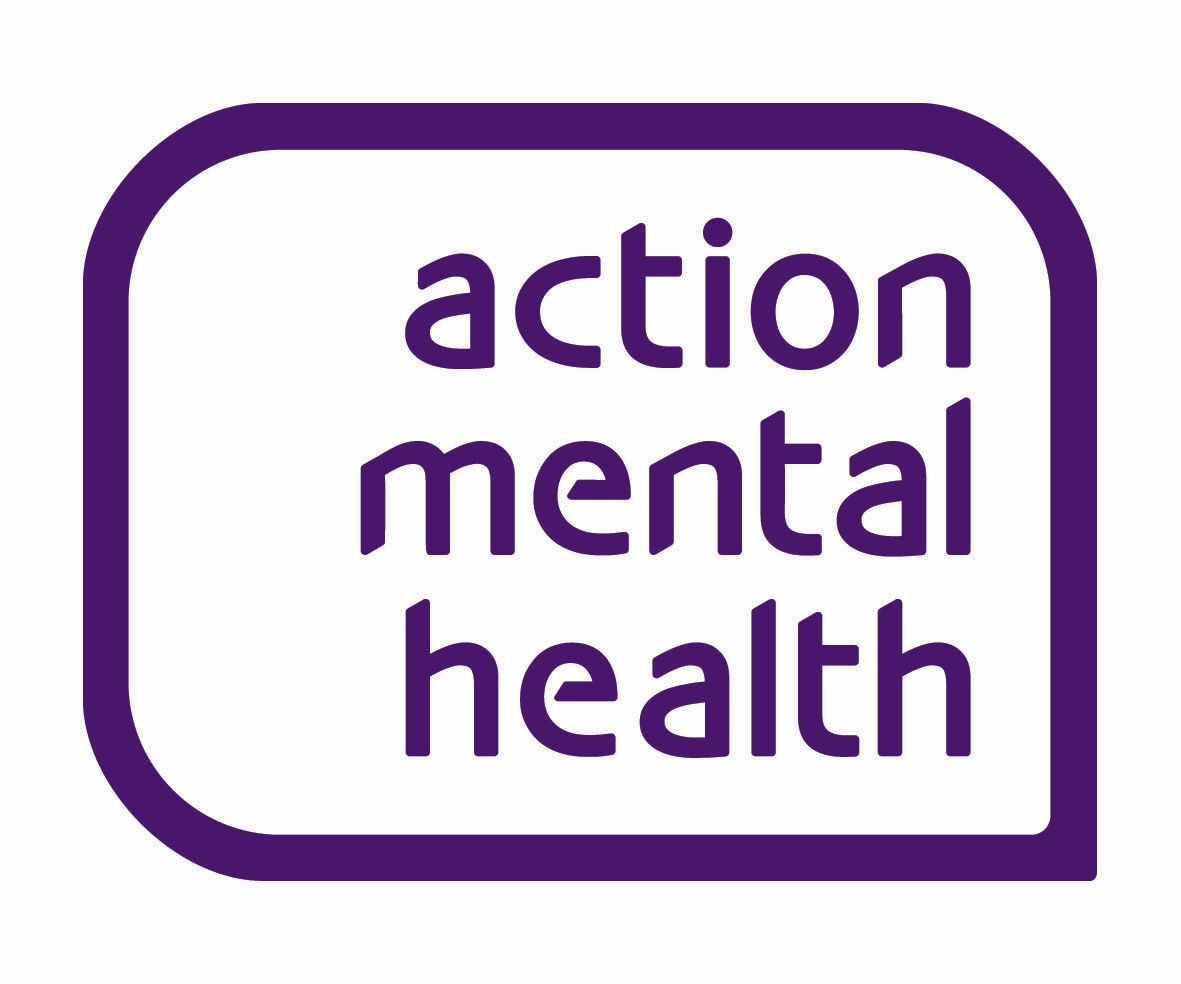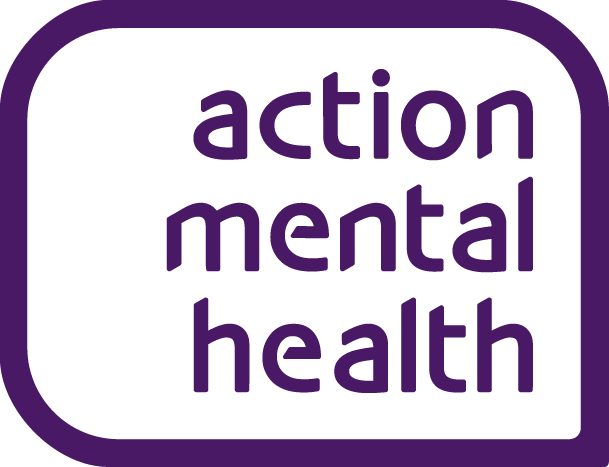Fact sheet: Psychosis and Schizophrenia
What is Psychosis?
Psychosis is a mental health condition in which people experience a distorted sense of reality. It may involve hallucinations (seeing or hearing things that others do not), delusions (strong beliefs that are not based in reality), disorganised thinking, or lack of insight into one’s condition. Psychosis is a symptom, not a diagnosis, and can occur in conditions such as schizophrenia, bipolar disorder, severe depression, and due to substance use or medical conditions.
What
is Schizophrenia?
Schizophrenia is a chronic mental health
condition that affects how a person thinks, feels, and behaves. It often
involves episodes of psychosis, alongside other symptoms such as:
- Hallucinations
- Delusions
- Disorganised speech and behaviour
- Lack of motivation
- Difficulty concentrating or remembering things
Schizophrenia affects about 1 in 100 people and typically emerges in late
adolescence or early adulthood.
Signs and Symptoms:
Psychosis and schizophrenia can look
different from person to person, but some common early warning signs include:
- Social withdrawal or isolation
- Sudden drop in work performance
- Unusual beliefs or paranoia
- Hearing voices or seeing things others don’t
- Speaking in ways that are hard to follow
- Changes in sleep or personal hygiene
Risk Factors:
- Brain chemistry and structure
- Traumatic or stressful life events
- Substance misuse (e.g., cannabis, LSD)
- Infections or complications during pregnancy or birth
Treatment for bipolar disorder:
As no two people with bipolar disorder are exactly the same, treatment methods that are helpful to some people may not be for others. Doctors, counsellors and other helping professionals may work alongside you to find a treatment, or combination of treatments, which help to ease your symptoms. Common treatments for depression include:
- Medication to prevent episodes of mania and depression. These are known as mood stabilizers are taken every day over a prolonged period of time.
- Medication to treat the primary symptoms of mania and/or depression as they occur.
- Psychological treatments, such as talking therapies, which help individuals recognize triggers, identify the signs of episodes and process underlying causes for their condition.
- Lifestyle changes may be recommended to help to manage symptoms and reduce the risk of recurrence. These may include regular exercise, good sleep hygiene, a balanced diet and a healthy routine.
How access help and support

